Hey
- Status
- Rejected
- Allows in-app sign-up?
- "You can't sign up for HEY in the app. We know that's a pain. After you've created an account, you'll be able to use the app."
- Purchases possible without Apple?
- $99/year email service, of which Apple is rent-seeking $30

Netflix
- Status
- Accepted as of June 15, 2020
- Allows in-app sign-up?
- "You can't sign up for Netflix in the app. We know it's a hassle. After you're a member, you can start watching in the app."
- Purchases possible without Apple?
- Monthly subscriptions starting at $8.99 / month

GitHub
- Status
- Accepted as of June 15, 2020
- Allows in-app sign-up?
- "Sign in to GitHub to continue to GitHub iOS."
- Purchases possible without Apple?
- Free tier, followed by subscriptions from $4 to $21 per user per month

Google Docs
- Status
- Accepted as of June 18, 2020
- Allows in-app sign-up?
- "Sign In"
- Purchases possible without Apple?
- Free tier, paid memberships are available on the G Suite website. No in-app purchases.
- Found by
- brunophilipe on GitHub
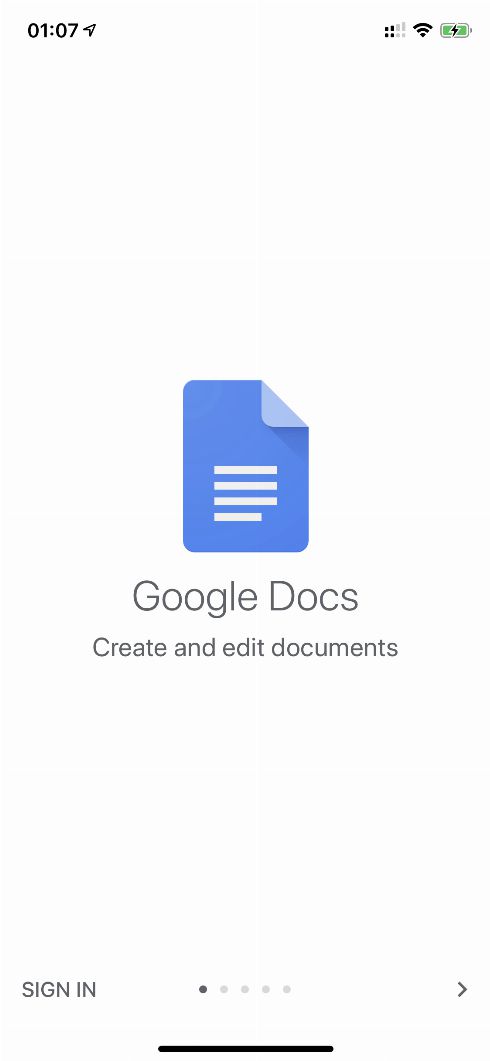
Fastmail
- Status
-
Required to pay IAP fees as of June 19, 2020
Most recently Accepted on May 30, 2020 - Allows in-app sign-up?
- No
- Purchases possible without Apple?
-
Plans start at $3 per month
Update from @fastmail: "Apple asked us recently to add IAP. We agreed to add it, and it was already on our longer term roadmap. We have always believed in meeting our users where they want to be, and more and more people are going mobile-only. It’s expected in our next major release."

“The issue exemplified by Hey is that there are cross-platform apps/services that don’t want to use Apple’s system, period, full stop. [...]
“They’re not trying to collect money from users within their apps by circumventing Apple’s IAP APIs with their own payment processing — they’re simply willing to forgo in-app commerce completely and sign up all their users on their own, outside their app.”
App Store Connect
- Status
- Created by Apple
- Allows in-app sign-up?
- No
- Purchases possible without Apple?
- Apple developer accounts cost $100/year, not collected in-app
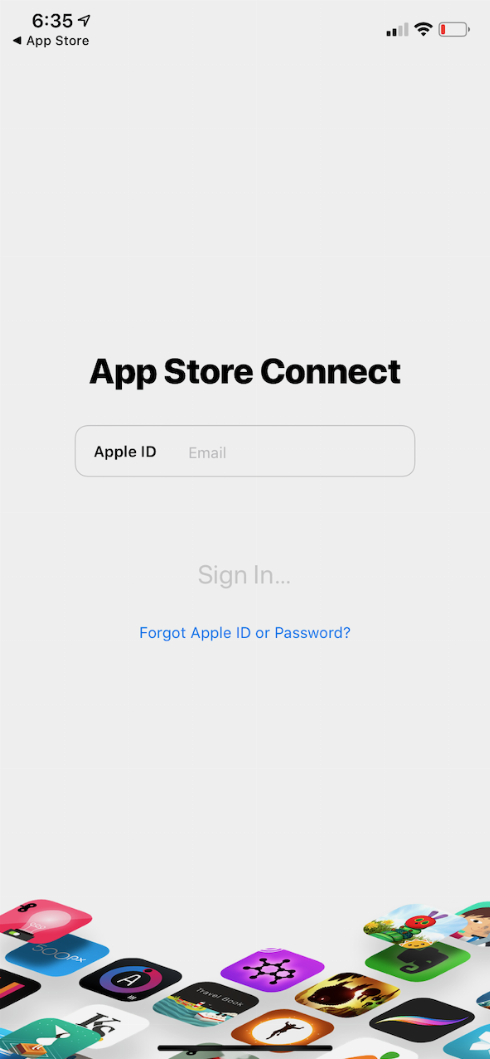
Dropbox Passwords
- Status
- Accepted as of June 12, 2020
- Allows in-app sign-up?
- "Dropbox Plus or Professional is required to use Passwords."
- Purchases possible without Apple?
- Dropbox Plus subscriptions are available in-app from the core Dropbox app. They are not available from the Dropbox Passwords app.
- Found by
- @hvaoc on Twitter
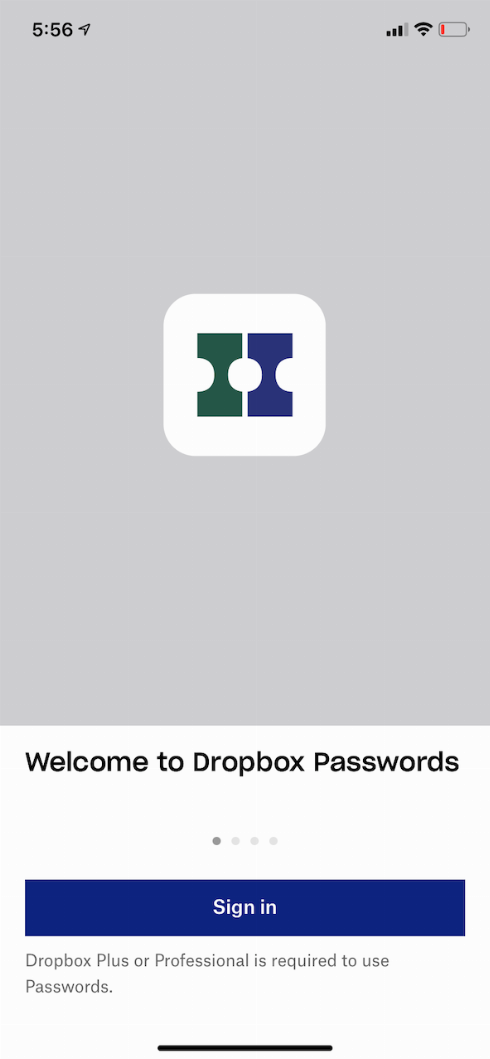
Tesla
- Status
- Accepted as of June 12, 2020
- Allows in-app sign-up?
- No
- Purchases possible without Apple?
- A 2020 Model 3 starts at $37,000 that I presume Elon isn't keen on splitting

Soho House
- Status
- Accepted as of June 18, 2020
- Allows in-app sign-up?
- No, but you can watch a montage of someone making an old fashioned, a guy carrying a guitar up the stairs, and a woman swimming
- Purchases possible without Apple?
- Memberships cost $2,100 yearly
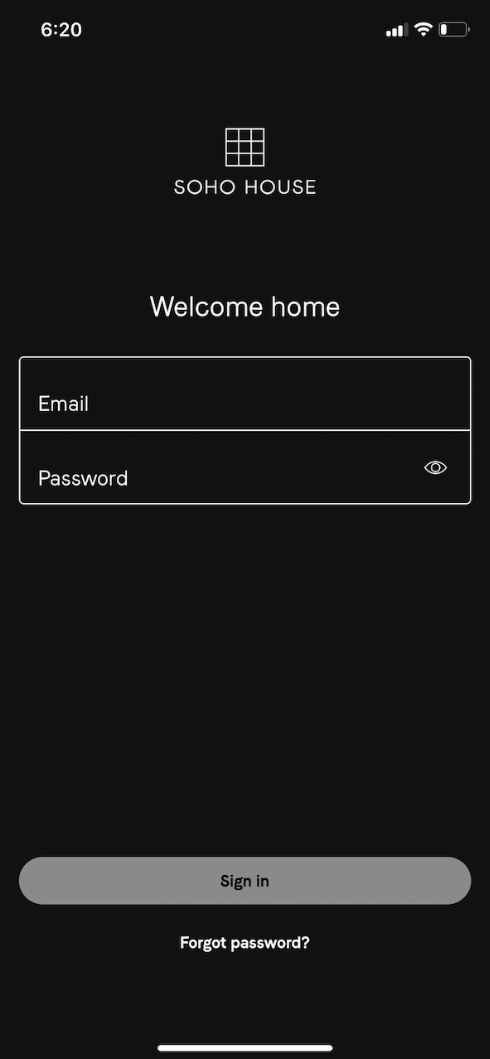
“Apple didn’t change their rules. What happened is Apple changed their interpretation of the rule [...]
“It’s corrosive. It’s bad for the platform. It’s bad for the culture [...] It’s quite blatantly Apple taking money because they can. Apple didn’t build that. They didn’t build an email service. Apple can be a gatekeeper and they can extract it.”
Wells Fargo
- Status
- Accepted as of June 5, 2020
- Allows in-app sign-up?
- Clicking "Open a checking account" from the home screen opens wellsfargo.com directly in Safari
- Purchases possible without Apple?
- Yes, you can obtain banking and class action settlement claims all outside the Apple ecosystem.

Bloomberg Terminal
- Status
- Accepted as of June 18, 2020
- Allows in-app sign-up?
- No
- Purchases possible without Apple?
- $24,000 per year per seat

Blue Cross / Blue Shield of Texas
- Status
- Accepted as of June 18, 2020
- Allows in-app sign-up?
- No. The "Register an Account" button requires scanning the barcode of already-active insurance card.
- Purchases possible without Apple?
- Yes.
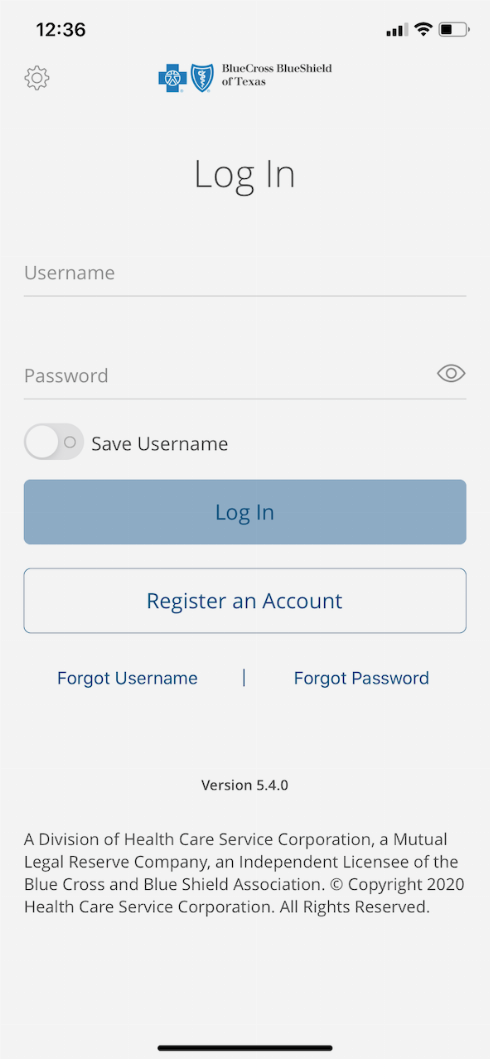
“By making these rules, and thinking if we make these rules, we will have enough power to force this to happen. History has shown it just doesn't happen. No one is going to give you that money. And so all it does is make apps worse in the app store, apps that are inexplicably worse [...]
“This is not a situation where interests and incentives are correctly aligned to make better and better apps. Everything is aligned to be oppositional and to result in us getting worse apps. Us getting worse apps, in the end, reflects poorly back on Apple [...]
“Stop trying to make fetch happen.”
WeWork
- Status
- Accepted as of June 12, 2020
- Allows in-app sign-up?
- No, but you can view slow tracking shots of change-agents and disruptors.
- Purchases possible without Apple?
- Memberships starting at $45/month

Salesforce
- Status
- Accepted as of June 12, 2020
- Allows in-app sign-up?
- No
- Purchases possible without Apple?
- Small business memberships starting at $25/month

Spark Sport
- Status
- Accepted as of June 5, 2020
- Allows in-app sign-up?
- No
- Purchases possible without Apple?
- "Spark Sport here in NZ. App is just a log in form, doesn’t advise anywhere how to subscribe or pay. Have to go to web to enter payment info & subscribe."
- Found by
- @philmetcalfe on Twitter
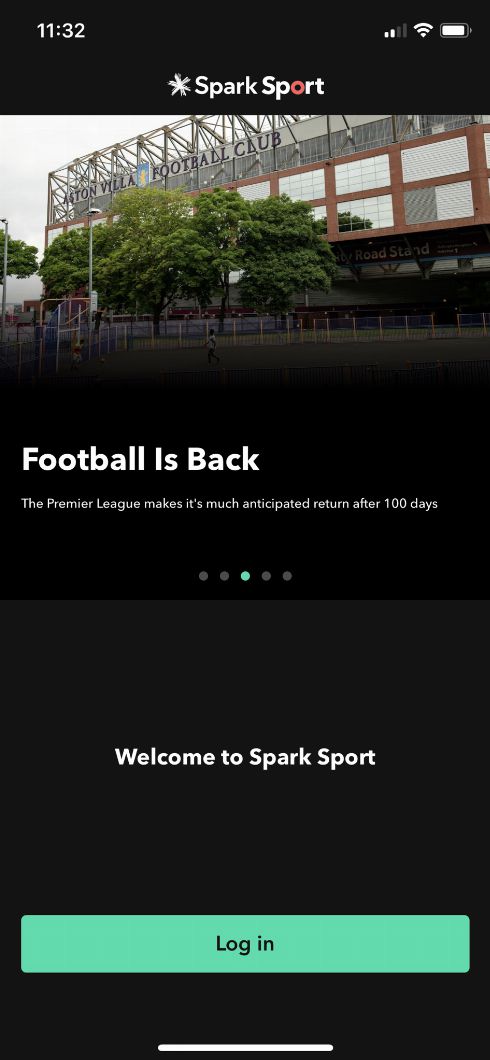
“Apple has made exceptions for some services that fall into what it calls a 'reader' category and has given other services a pass for a variety of reasons; it has even struck individual deals to bypass grabbing a cut. Still, Apple has decided thus far that Hey.com does not merit special treatment, even though there are also some subscription email apps that don’t offer in-app purchase technology and are allowed to operate on Apple’s platform (for now).”
AT&T U-Verse
- Status
- Accepted as of May 21, 2020
- Allows in-app sign-up?
- No
- Purchases possible without Apple?
- Yes, the technician will be there sometime between 6am and 9pm to install it.
- Found by
- MaxPower9 on GitHub
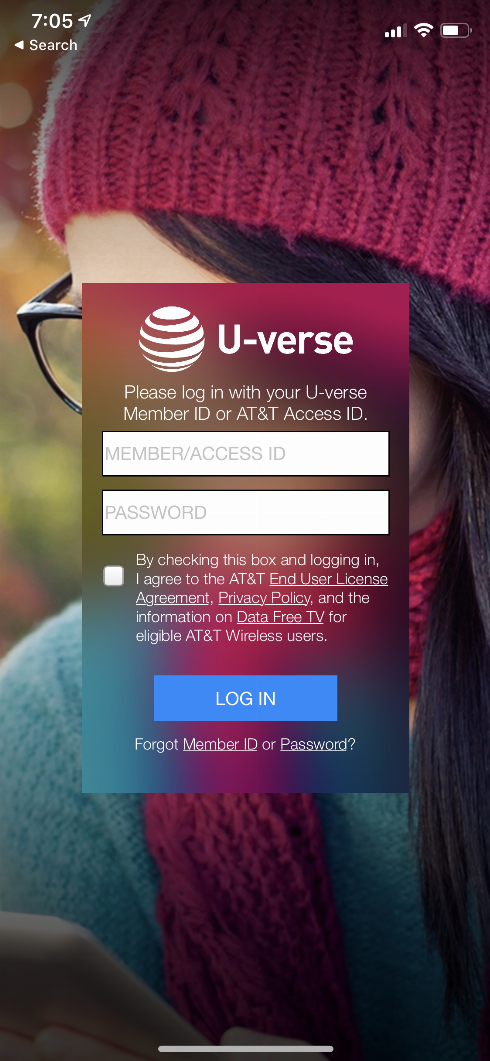
Green Employee
- Status
- Accepted as of January 21, 2020
- Allows in-app sign-up?
- No. The "Create Account" button requires joining the workspace of an already-active employer account.
- Purchases possible without Apple?
- Yes.
- Found by
- bennett-elder on GitHub
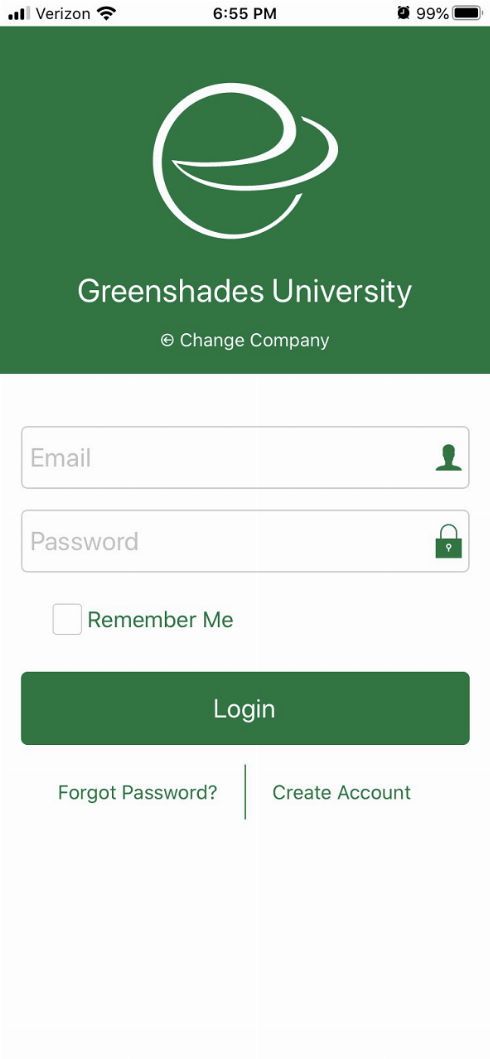
Sky GO
- Status
- Accepted as of April 1, 2020
- Allows in-app sign-up?
- Yes, but only for limited free content.
- Purchases possible without Apple?
- Yes. When trying to view paid content, displays "Sorry, you're not currently subscribed to this channel. Upgrade now sky.co.nz/myaccount". No in-app purchases.
- Found by
- @jviney on GitHub
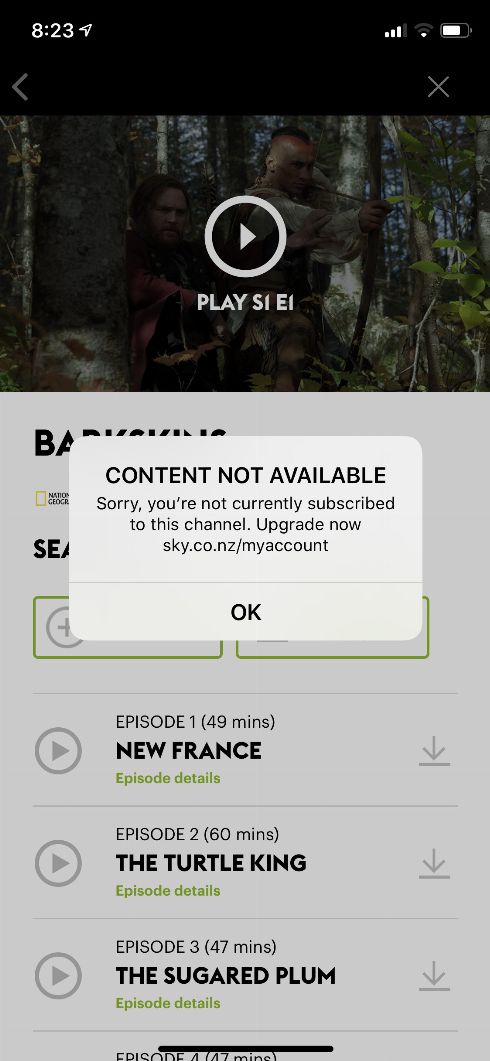
Nintendo Switch
- Status
- Accepted as of January 21, 2020
- Allows in-app sign-up?
- You can create a Nintendo account, that is meaningless without a console.
- Purchases possible without Apple?
- "Requires you have a Nintendo America account linked to an active $20/year switch online membership."
- Found by
- @MCFlashdance on Twitter
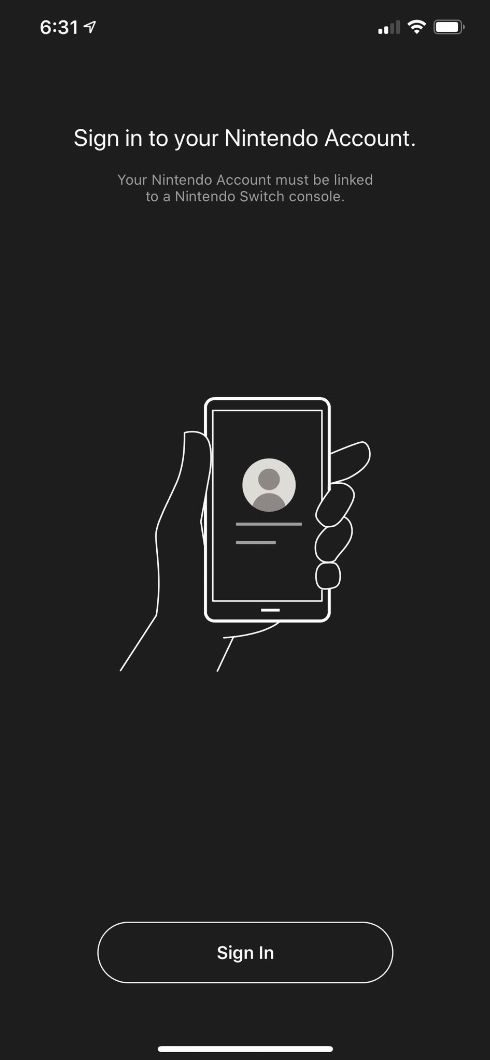
Ottonova
- Status
- Accepted as of June 20, 2020
- Allows in-app sign-up?
- No. New accounts are initiated their website, furthered by talking on the phone with an account manager, going to a doctor to get a physical and blood test, and uploading the results.
- Purchases possible without Apple?
- No. Payment is only possible via SEPA.
- Found by
- @mroach on Twitter
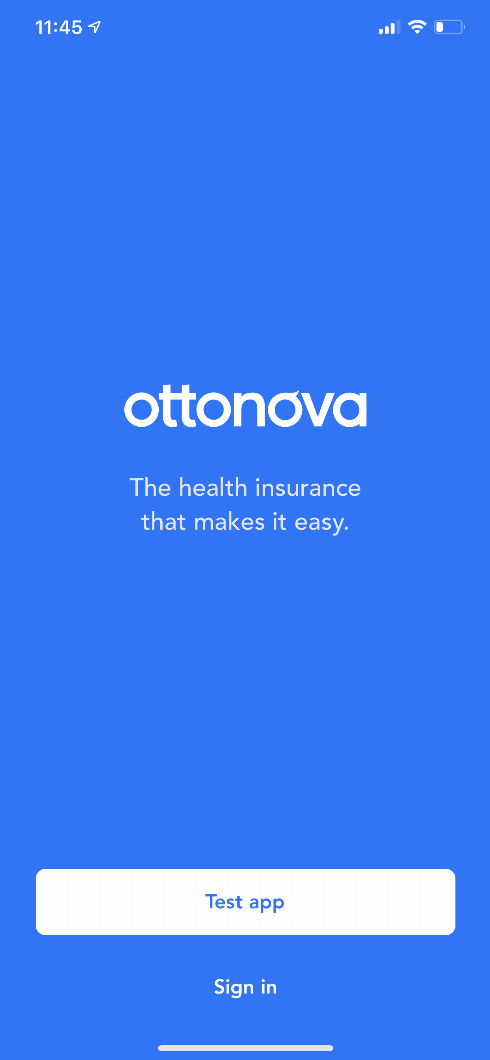
Telehealth by SimplePractice
- Status
- Accepted as of June 12, 2020
- Allows in-app sign-up?
- No, account creation happens on the website.
- Purchases possible without Apple?
- From the website: "Try risk-free for 30 days." Subscriptions start at $39 per month.
- Found by
- @appledev86 on Twitter

Stripe
- Status
- Accepted as of June 20, 2020
- Allows in-app sign-up?
- No, account creation happens on the website.
- Purchases possible without Apple?
- From the website: "Access a complete payments platform with simple, pay-as-you-go pricing. 2.9% + 30¢ per successful card charge."
- Found by
- Lucas Cantor

Q&A
- I don't get it, what's going on?
-
On June 15, Apple rejected an update to a previously-approved iOS app called Hey. The app is for a new email service created by a company called Basecamp.
The rationale for said rejection was that Hey offered a subscription via-website without also offering a parallel subscription via Apple's in-app purchase (IAP). Apple takes a 30% cut of IAP revenues during an app's first year, and 15% thereafter.
In defending Apple's policy to TechCrunch, Phil Schiller stated (as quoted above), "You download the app and it doesn’t work, that’s not what we want on the store."
If this site is doing its job, it's pointing out the uneven nature by which Apple chooses to enforce this standard, as well as the types of businesses it has decided to extract economic rent from.
- Why do you care?
-
I'm an independent developer myself, and I don't have the ability to spend years on my own product only to have Apple change the rules on me mid-stream. I have a vested interest in Apple changing its practices here.
- Haven't these rules been around forever?
-
Yes, the App Store has been gerrymandered to carve out exceptions for many different types of companies, such as Netflix, for a long time. Reasonable people can disagree about whether Apple is uniquely entitled to email revenue but not digital movie revenue.
However, according to Ben Thompson of Stratechery, the rules applying to IAP and Hey are recent, unwritten reinterpretations of policy for software-as-a-service companies like Hey.
You can see this in the above case of Fastmail. They provide a very similar-in-scope service / app combination as Hey, and have now been required by Apple to newly provide subscriptions via IAP.
- Where can I read more about this?
-
Here's the first Twitter thread I saw on the issue by Basecamp CTO David Heinemeier Hansson.
Here's the original TechCrunch article quoted above by Matthew Panzarino.
Here's coverage from NBC News by David Ingram.
Here's an article at The Verge by Nick Slatt.
Here's a long-form company response by Basecamp CEO Jason Fried.
Hastily compiled overnight by @LannyBose.
If you've got more examples, pull requests are open on GitHub.